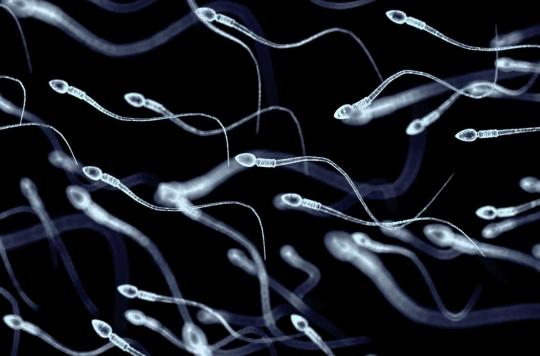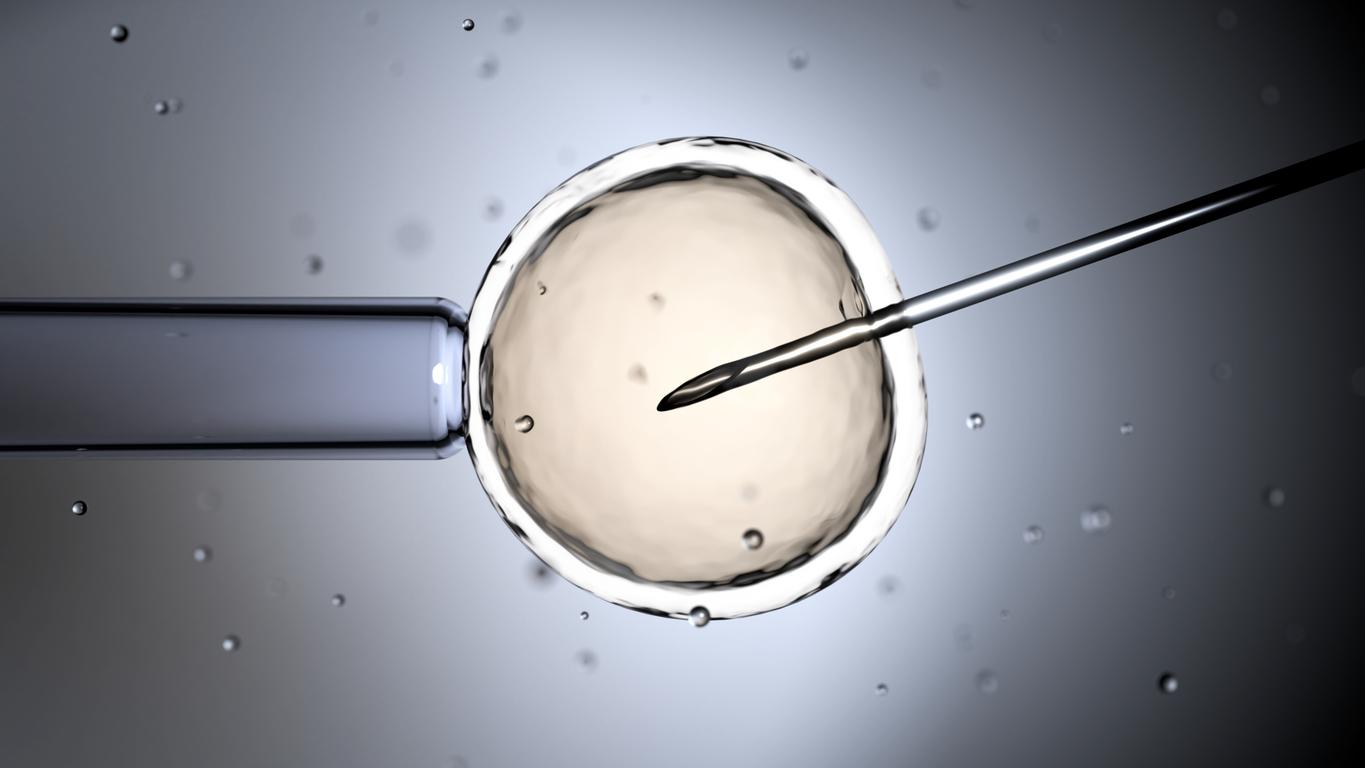When they arrive in the woman’s body, the sperm send signals to the reproductive tissues to be accepted by the immune system and increase the chances of fertilization.

- This study is the first to highlight this role of spermatozoa.
- Sperm send signals to alter tolerance in women’s immune response pathways.
- Factors that can affect sperm quality may have greater implications for pregnancy health than previously thought.
Long perceived as having only one action in reproduction, namely to fertilize the woman’s egg, sperm are also able to send signals to female reproductive tissues to be accepted by the immune system. In this way, they increase the chances of fertilization. This discovery, made by Australian researchers from the University of Adelaide, was presented on May 14 in the journal Communications Biology.
A hitherto overlooked role
This study is the first to highlight this role of spermatozoa. “This research is the first to show that the female immune response is persuaded by signals in the sperm to allow the male partner to fertilize their eggs and conceive a pregnancy.welcomed Sarah Robertson, who led the study. This upends our current understanding of what sperm are capable of. They are not only carriers of genetic material but also of agents to convince the female to invest reproductive resources with this male..”
Previous studies have shown that seminal fluid proteins modulate the female immune response at conception to encourage her body to accept the foreign embryo. It was unknown then whether sperm affected this response. To find out, the researchers assessed the effects on overall gene expression in the mouse uterus after mating by comparing males with intact sperm and males who had undergone a vasectomy.
Sperm health important for the health of the baby
The results showed that intact sperm induced greater changes in female genes. This was particularly manifested in immune response pathways that produced stronger tolerance than females mated with vasectomized males. By examining the effects of sperm interactions with female cells in cell culture experiments, the researchers confirmed that sperm are directly responsible for the changes.
This finding is important because it suggests that sperm health is not only important for conception but also has effects on the chances of having a healthy baby. Factors such as age, diet, weight, alcohol and smoking, and exposure to environmental chemicals can affect sperm quality in men and could therefore have greater consequences for health of the pregnancy than previously considered. “The recognition that sperm influences reproductive events beyond simple oocyte fertilization shows that sperm quality can have implications for the health of pregnancy beyond mere conception.continues Sarah Robertson. Conditions such as recurrent miscarriages, preeclampsia, premature births and stillbirths are affected by the woman’s immune response in ways that the partner’s sperm contribute to..”
.
















